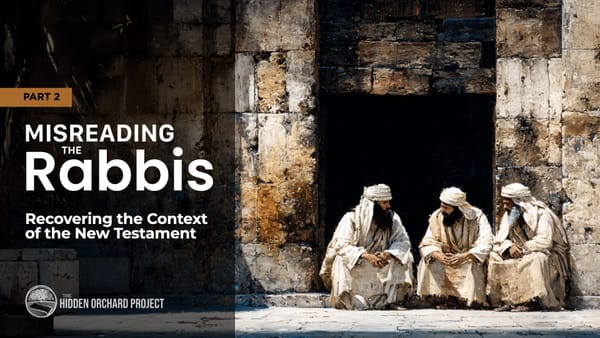How To Elevate Your Soul

If you have been reading the articles regarding the human soul, (like this one) you are familiar with the (5) levels, and their unique expression in daily life. But, as the saying goes, "knowing is half the battle" - the real test is to apply this knowledge on a more frequent basis. When successful, we will reach new heights in our service of the Creator.
Below are some examples to help put these into action today.
The Neshamah is the part of our soul associated with our intellect. Often, the battle for spiritual development is waged somewhere between the Neshamah and the lowest level, the Nefesh. This is why one may want to do good, but sometimes fall to the lower influence, 'doing that which we do not want to do'¹.
The Ruach is a kind of intelligent force that bridges the Neshamah and the Nefesh. The Ruach is generally associated with our emotions and is heavily influenced by the state of the Nefesh. Our ability to connect with the Neshamah is commensurate to the state of these lower levels.
The Nefesh is the lower level of the soul - though not to be viewed pejoratively. The Nefesh contains the wisdom of the body to survive, and function. The Nefesh is associated with the physical parts of us that are animated to action. The command for the body to act of course comes from our mind, or Neshamah.
The Nefesh is an animating force that knows what it needs, but can sometimes be drawn towards excess - particularly when our emotions are not in a balanced state. The combination of two misaligned systems can prevent us from reaching the higher levels.
On the other hand, when we find harmony (tiferet) between them - we get an optimal outcome that elevates us towards the Creator.
Example 1 - Refining Our Words
Say you have an idea you'd like to share. The inspiration to express the idea originates in the Neshamah. Here, it is limitless and pure potential. To be expressed, the ideas must pass through the Ruach towards the Nefesh where it will be formed into words and eventually spoken.
The Ruach acts as a filter. If it is healthy and balanced - the idea makes its way to the Nefesh accordingly.
The Nefesh is associated with the mouth, the physical aspect that will shape and bend the air to form words. The mouth cannot produce words without the initial thought or command to do so - so when our words come out, they reflect the state of our inner being.
Most people do not pay attention to the words they use, or the emotions behind them. These can either elevate or hinder the power of our actions.
Example 2 - Charity With Joy
I recall watching this video last year and immediately recognizing that these principles are all displayed within a 5 minute video.
In an amazing act of ahavat olam (love for the world), artist Joey Newcomb shares his passion to bring happiness to the world by playing music for a subway station full of people. His joy and energy inspires people to give charity. He then uses this money - now charged with his intentions and the happiness of the givers - to buy food for a man on the street.
There is much to say about this act, but you can see; Rather than simply handing the man a bag of money, Joey stands in line to provide him with what he needs, while saving the man the time and experience of going into the store.
Put together, all of these people collectively took part in a supercharged good deed.
Enjoy!

https://www.youtube.com/watch?v=k_7H7C6NcJ0
Notes:
¹ "I do not understand what I do. For what I want to do I do not do, but what I hate I do. And if I do what I do not want to do, I agree that the law is good. As it is, it is no longer I myself who do it, but it is sin living in me. For I know that good itself does not dwell in me, that is, in my sinful nature.[a] For I have the desire to do what is good, but I cannot carry it out. For I do not do the good I want to do, but the evil I do not want to do—this I keep on doing. Now if I do what I do not want to do, it is no longer I who do it, but it is sin living in me that does it." - Romans 7:15-20




